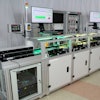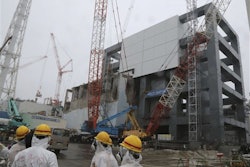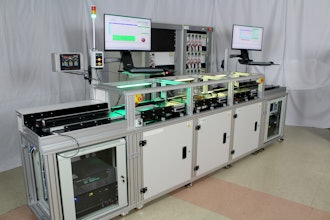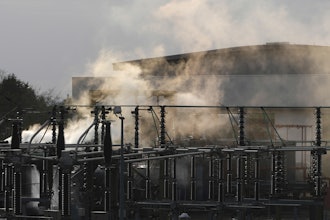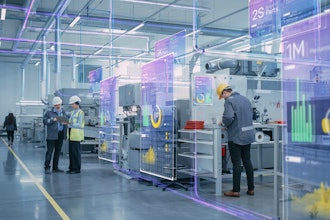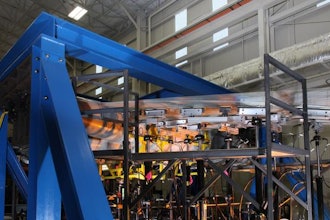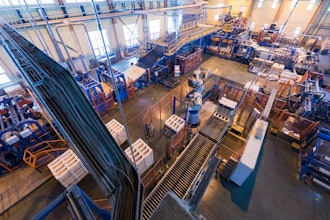BEIJING (AP) -- An explosion Tuesday at a Chinese plant that produces the toxic chemical paraxylene has added fuel to a growing movement opposing such plants, on the same day that a state-run newspaper prominently urged the public to accept the industry as safe.
The blast at the plant at Zhangzhou city in southeastern Fujian province caused no injuries and no chemical leaks, officials said, but environmental activists seized on the accident as a warning of potential problems at factories that produce paraxylene, or PX, which is used in printing and to make polyesters.
PX plants around the country have become a hot-button issue, especially among China's growing middle class.
"The government does not have the sincerity to handle such things properly. They should draw a lesson from this accident in Zhangzhou," said Li Jiarui, a food researcher who protested against a PX factory in Kunming city in southwest Yunnan in May.
Coincidentally, the ruling Communist Party's main newspaper published a feature Tuesday aimed at defusing public fears about the industry, saying that PX plants are necessary for the domestic economy, that they are safe and that they have never had a major accident.
"Over recent years, chemical plants were often associated with environmental pollution," the People's Daily said. It quoted Li Junfa, the chief engineer of China National Petroleum and Chemical Planning Institute, which advises the country's top planning agency, as saying that PX companies have been "wronged" in this respect.
"Since the first PX facility was built in Shanghai in 1985, the country now has more than 10 sets of facilities, all functioning properly. There has not been a single major accident," said the piece.
The explosion Tuesday at the plant in Zhangzhou, close to the Taiwan Strait, was sparked by a fire, the official Xinhua News Agency reported.
Initial investigations found a cracked hydrogen pipeline triggered the fire during a pressure test, Xinhua said, citing the local government. The blast did not heavily damage the plant, nor result in any chemical leaks, the report said.
A fire official in Zhangzhou city, who gave only his surname, Tu, confirmed the pre-dawn explosion happened and said there were no reports of deaths or injuries.
The plant attracted protests even before it was built. It was slated for the densely populated city of Xiamen in Fujian, but protests in 2007 by residents concerned about potential health hazards succeeded in getting it moved to a less populated area in Zhangzhou.
A similar protest in 2011 in the northern port city of Dalian ended with a promise by the city government to shut a PX plant and move it out of the downtown area.
And in May, protests erupted over plans for a PX plant in Kunming where residents said they feared authorities had failed to adequately assess its risks.
"The fact that they put such a big project in Kunming shows that they looked only at the economic side and ignored the social and environmental sides," said Li, who studies risks of genetically modified food.
Short-term exposure to paraxylene can cause eye, nose or throat irritation in humans, according to the U.S. Centers for Disease Control and Prevention. Chronic exposure can affect the central nervous system and cause death.
After decades of having no say in the development-at-all-costs policies that have polluted the country's air and waterways, China rising middle class have increasingly turned to public protests to voice their concerns.



